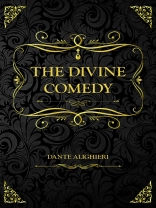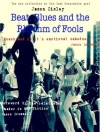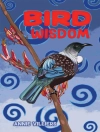The Comedy (in Italian, Commedia), or Divine Comedy (Divina Commedia), is a poem by Dante Alighieri written in tercets strung together in hendecasyllables in the Florentine vernacular. Composed, according to critics, between 1303 and 1321, the Commedia is Dante’s most famous work and one of the most important testimonies to medieval civilization. Known and studied throughout the world, it is considered one of the masterpieces of literature.In his edition printed in Venice in 1555, Gabriele Giolito de Ferrari (here painted by Titian in 1554) first gave the title ‘Divina’ to Dante’s Comedy, which has remained so to this day.The Divine Comedy is generally considered to be the first great text in Italian: the language in which it is written has had a considerable influence on the peninsula’s modern idiom. In writing his work, Dante was largely inspired by the bloody conflict he himself experienced in Italy, pitting the Guelphs (Guelfi) against the Ghibellines (Ghibellini) (1125-1300). From a literary point of view, Dante makes explicit reference to the Aeneid and the Apocalypse of Paul, the two best-known ancient texts in the genre of tales of journeys to the Underworld.The poem is divided into three parts called cantiche (Italian plural for cantica): Inferno (Hell), Purgatorio (Purgatory) and Paradiso (Paradise), each composed of thirty-three songs (except Hell, which contains a preliminary song). The poet narrates a journey through the three supra-terrestrial kingdoms, culminating in a vision of the Trinity. His imaginary, allegorical depiction of the Christian afterlife is a pinnacle of the medieval worldview developed by the Roman Catholic Church.
About the author
Dante Alighieri (Durante degli Alighieri, known as ‘Dante’) was an Italian poet, writer, thinker and politician of the Republic of Florence, born between 1265-1267 (according to studies by Carlo Ossola, philologist, literary critic and Honorary Professor Emeritus at the Collège de France) in Florence and died on September 14, 1321 in Ravenna.The ‘Father of the Italian language’, along with Petrarch and Boccaccio, he was one of the ‘three crowns’ who imposed Tuscan as a literary language.A major poet (Il sommo poeta or simply Il poeta) of the Middle Ages, he is the author of the Divine Comedy, often considered the greatest work written in this idiom and one of the masterpieces of world literature.












